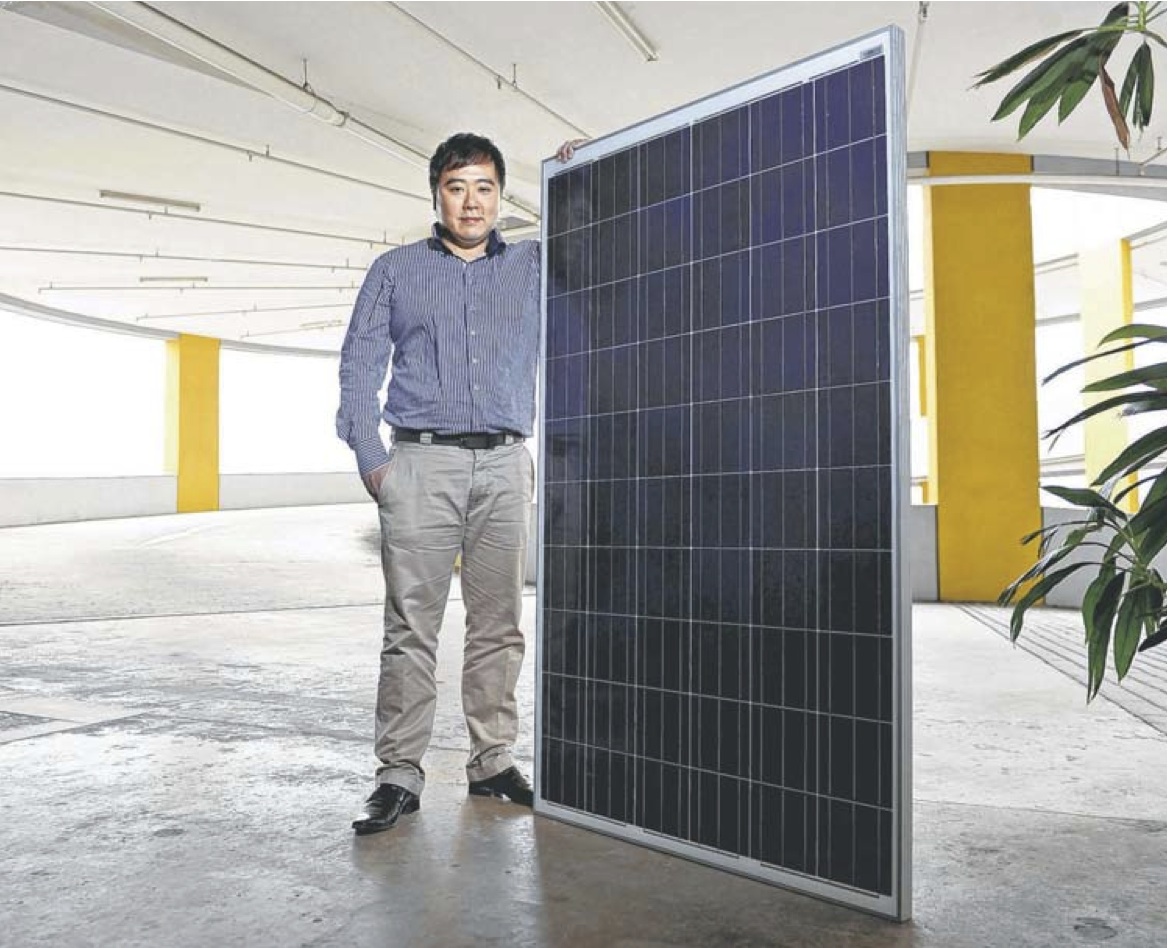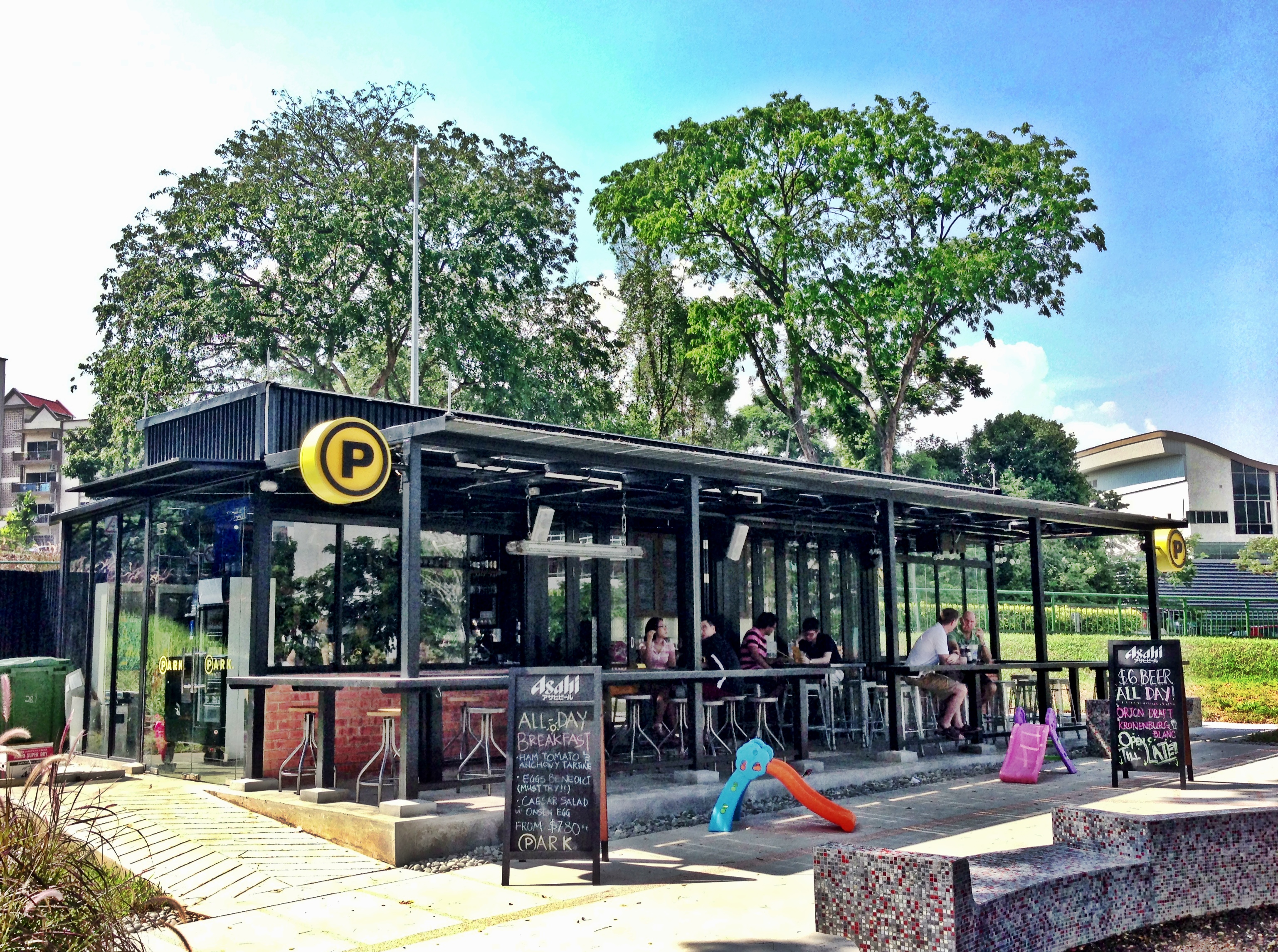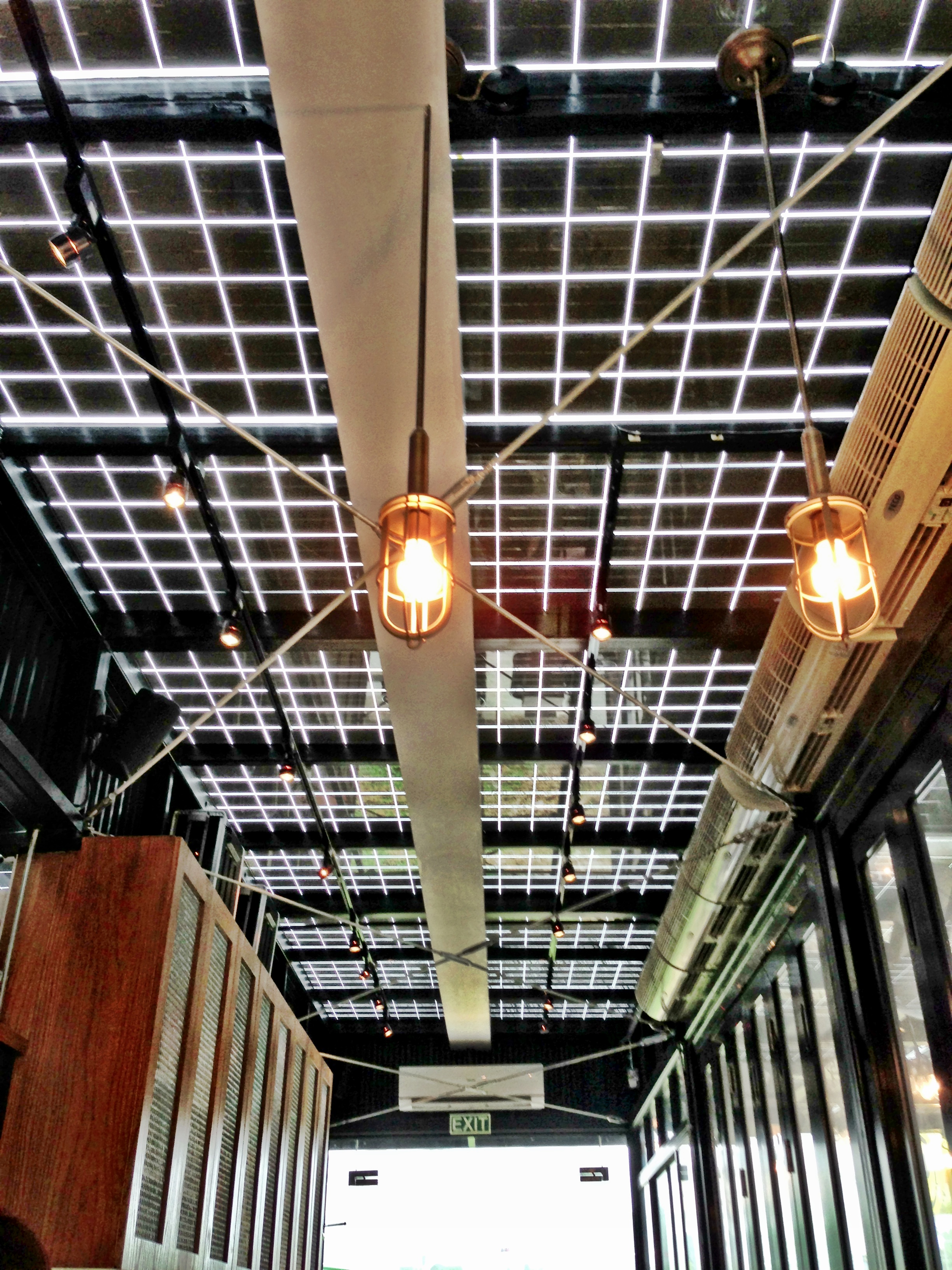News
With the costs of solar modules falling, solar power as a renewable energy source has been a much discussed topic in Singapore. The recently launched SEAS White Paper showed that solar power is at grid parity and given the country’s abundance of sunlight, and non-subsidised electricity costs, solar power is very viable in Singapore.
The outlook for solar is very positive, but not all companies can afford to pay upfront capital for solar power systems. Thus, solar leasing is viable option when considering using solar power. Solar leasing companies install their solar power systems on their customers’ buildings, and they also maintain these systems. Their customers only pay for the solar energy that they use, just like how they pay for regular power from the grid. The companies who lease solar power from solar leasing companies do not have to worry about maintaining the systems, because the solar leasing companies have skilled professionals to work on the maintenance.
More Singapore companies and the government are embarking on solar leasing projects. SEAS member Solar Horizon’s founder Sam Goyal said, “Our flagship client, Woh Hup (Private) Limited, Singapore largest private Engineering & Construction company, is excited to be among the early adopters of solar leasing in Singapore. Firm believers in playing their part for the environment, Woh Hup was impressed with our rapid response and our true zero-cost value proposition as it enabled them to take the decision to go solar quickly (which they did)”. In 2013, HDB called for its largest tender for solar leasing projects – 125 blocks, and which will product 5MW of electricity in optimum conditions, or 5 megawatts-peak (MWp), enough to power more than 1,000 four-room HDB flats.
What is needed to boost the growth even further is for private financing in the solar power systems. Pratik Ghoshal, Business Development Director of Solareo and a SEAS member, agrees, “Banks need to know solar leasing is a stable investment, like in real estate.”
Solar leasing is an affordable way to use a resource within reach for Singapore – sunlight – and it brings along other benefits such as energy cost savings, energy security for a nation that wants to become less dependent on others for its energy supply, and it enables Singapore to achieve emissions reduction goals. With the benefits that solar leasing brings, we expect more companies to adopt solar, and grow the solar industry as a whole.
Solar Leasing Case In Point: An Interview with Frank Phuan, Director, Sunseap Leasing
Before Sunseap went into solar leasing, Frank Phuan explained how they saw how some of their first customers paid so much money for solar systems but did not know how to maintain it themselves. It was one of the more major issues faced by their customers in sustaining their solar PV systems. But with solar leasing, this isn’t an issue any more. Because the solar panels installed on their customers roofs belong to them, Sunseap is responsible for maintaining the systems. Thus they have a team of experts who manage the solar power system, and their customers do not have to worry.

Frank Phuan, Director, Sunseap Leasing. Photo: Sunseap Leasing.
Sunseap is able to get a constant, stable source of revenue from solar leasing, compared to when they were manufacturing panels and were subject to the rise and fall of Chinese manufactured solar panels. Frank says that his customers “want us to generate more solar power so that they can get more savings, and we also want to generate more so that we can get more revenue”. This enables both parties to benefit.


Solar installation at Park Café, Holland Village. Photo: Sunseap Leasing.
Frank shared that many of his customers are very surprised at how affordable solar energy is. “The media has conditioned people to believe that solar is expensive [and will only become cheaper in the future]. But we are already there”. When more efficient solar systems are developed, this brings about a further boost to using solar power that benefits everyone, and we can look forward to greater things ahead.